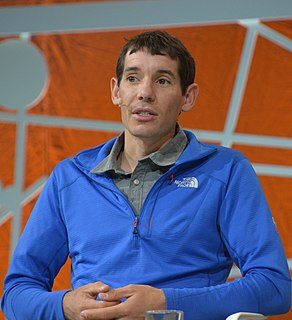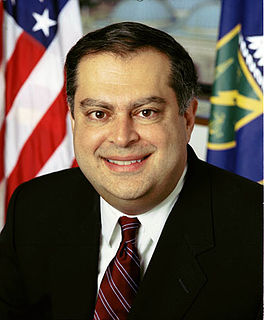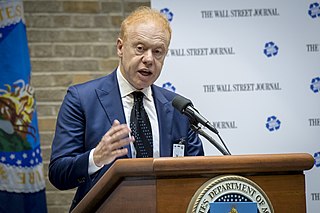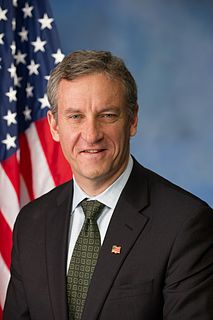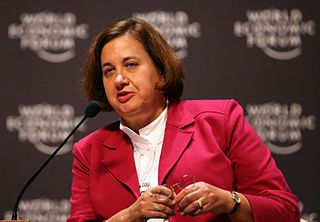A Quote by Conor Lamb
Nuclear plants are part of the backbone of our electric grid. They are reliable, they are clean.
Related Quotes
Building a smarter grid has long been a key part of our government's plan to modernize our energy infrastructure and provide clean, reliable affordable power to consumers. By supporting Ryerson's Centre for Urban Energy we are building a whole new landscape for innovations that will be the backbone for our energy system for future generations.
The Environmental Protection Agency's first-ever limits on carbon pollution from power plants will create clean- energy jobs, improve public health, bring greater reliability to our electric power grid, bolster our national security, demonstrate the United States' resolve to combat climate change and maybe even reduce our utility bills.
In the mid-1980s, operating problems took [nuclear] plants off-line so often that, on an annual basis, they operated at only about 55 percent of their rated total generating capacity. Today, as a result of several decades of experience and an intense focus on performance ... nuclear plants in the United States operate at over 90 percent of capacity. That improvement in operating efficiently is so significant in its impact that it can almost be seen as a new source in electric power itself.









